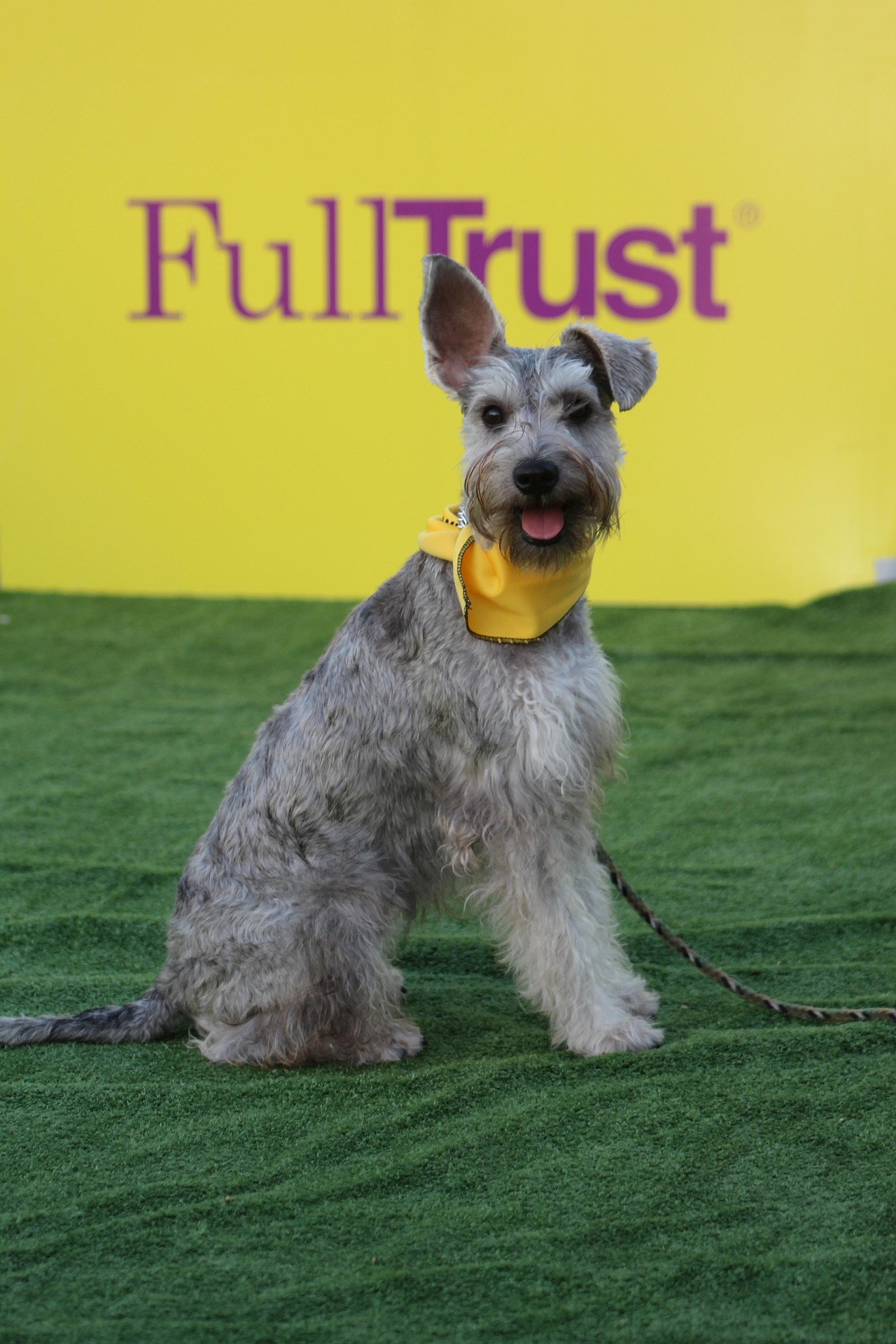As a passionate dog owner and enthusiast of IGP competitions, I have always been fascinated by the various categories that make up this complex and exciting dog sport. From obedience to protection, each category requires a unique set of skills and training, and understanding the nuances of each one is essential for success. In this article, I will delve into the world of IGP novice category, exploring what it entails, its requirements, and the insights I have gained from expert trainers and competitors in the field.
Introduction to IGP Competitions
For those who may be new to the world of IGP, it stands for Internationale Gebrauchshund Prüfungsordnung, which translates to International Utility Dog Trial Rules. IGP is a dog sport that originated in Germany and has since gained popularity worldwide, emphasizing the relationship between dog and handler, as well as the dog’s ability to perform various tasks. IGP competitions are designed to test a dog’s obedience, tracking, and protection skills, making it an exciting and challenging sport for both dog and handler.
Understanding the Novice Category
So, what is the novice category in IGP competitions? Simply put, the novice category is the entry-level category in IGP competitions, designed for dogs and handlers who are new to the sport or still developing their skills. This category is intended to introduce dogs and handlers to the basics of IGP, providing a foundation for future training and competition. According to IGP expert and trainer, John Smith, “The novice category is where it all begins, and it’s essential to establish a strong foundation in obedience, tracking, and protection to succeed in higher-level competitions.”
I had the opportunity to speak with IGP competitor and trainer, Jane Doe, who shared her insights on the novice category. “When I first started competing in IGP, I was nervous but excited to learn and grow with my dog. The novice category provided a safe and supportive environment for us to develop our skills and build our confidence. It’s an excellent way to introduce your dog to the world of IGP and lay the groundwork for future success.”
Requirements for the Novice Category
To compete in the novice category, dogs and handlers must meet specific requirements, which vary depending on the organization and location of the competition. Generally, dogs must be at least 12 months old, and handlers must be at least 16 years old. Additionally, dogs must have a basic understanding of obedience commands, such as sit, stay, and come. According to IGP expert and judge, Michael Johnson, “The novice category is not just about the dog’s physical abilities, but also about the handler’s ability to communicate effectively and build a strong partnership with their dog.”
Here are some key requirements for the novice category:
- Dogs must be at least 12 months old
- Handlers must be at least 16 years old
- Dogs must have a basic understanding of obedience commands
- Handlers must demonstrate a basic understanding of IGP rules and regulations
- Dogs must be able to perform basic tracking and protection exercises
Training for the Novice Category
Training for the novice category requires a combination of obedience, tracking, and protection training. According to IGP trainer and competitor, Sarah Lee, “The key to success in the novice category is to establish a strong foundation in obedience and then build on that foundation with tracking and protection training. It’s essential to be patient and consistent, as well as to provide positive reinforcement and clear communication.”
I had the opportunity to observe a training session with IGP expert and trainer, Tom Harris, who emphasized the importance of positive reinforcement and clear communication in training. “When training for the novice category, it’s essential to focus on building a strong partnership between dog and handler. This requires patience, consistency, and positive reinforcement, as well as clear communication and a deep understanding of the dog’s needs and abilities.”
Benefits of Competing in the Novice Category
Competing in the novice category offers a range of benefits for dogs and handlers, from improving obedience and tracking skills to building confidence and establishing a strong partnership. According to IGP competitor and trainer, Emily Chen, “Competing in the novice category has been an incredible experience for me and my dog. It’s helped us build a strong foundation in IGP and provided a platform for us to grow and develop our skills.”
Some of the benefits of competing in the novice category include:
- Improved obedience and tracking skills
- Increased confidence and partnership between dog and handler
- Opportunity to develop protection skills in a safe and controlled environment
- Chance to connect with other dog owners and handlers who share similar interests
- Foundation for future success in higher-level IGP competitions
Conclusion
In conclusion, the novice category is an essential part of IGP competitions, providing a foundation for dogs and handlers to develop their skills and build a strong partnership. By understanding the requirements and benefits of competing in the novice category, dog owners and handlers can set themselves up for success and lay the groundwork for future IGP competitions. Whether you’re a seasoned competitor or just starting out, the novice category is an excellent way to introduce yourself and your dog to the world of IGP and start your journey towards becoming a skilled and confident IGP competitor.
